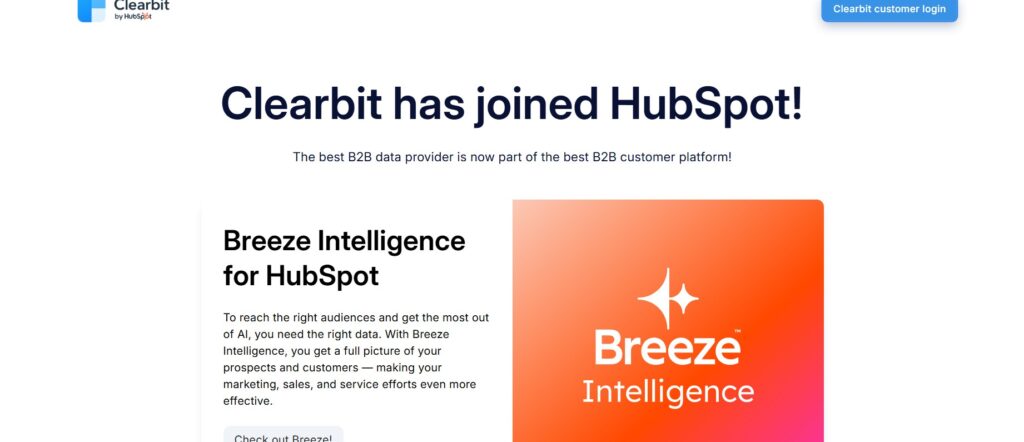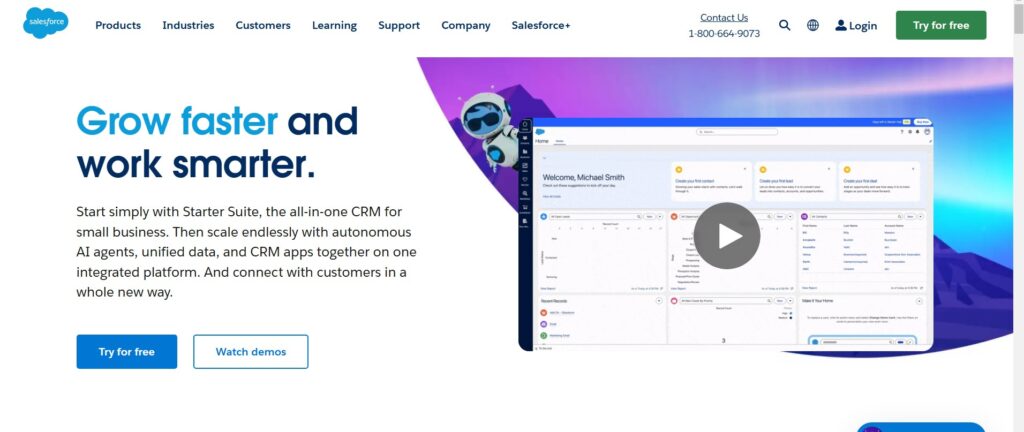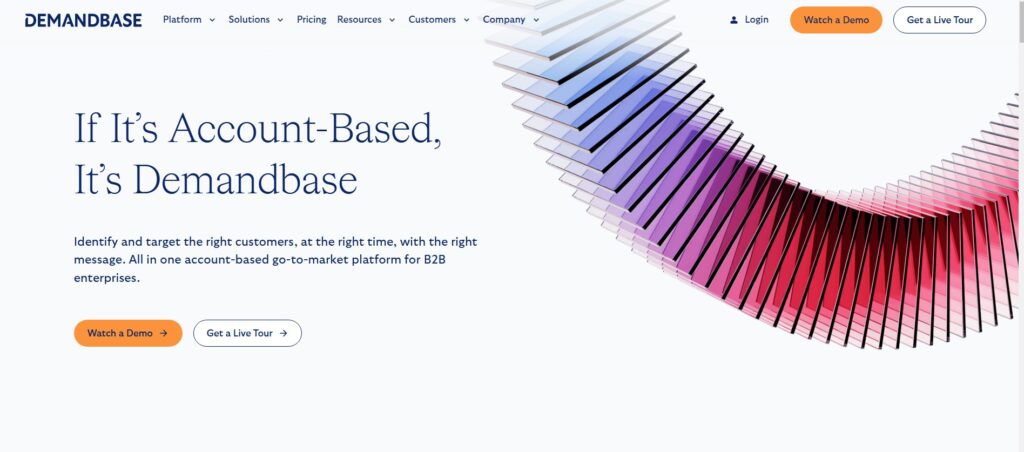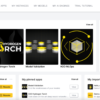Artificial intelligence (AI) tools for sales
Artificial Intelligence (AI) Tools for Sales: Revolutionising the Sales Process.
Imagine a sales team so finely tuned that every email sent, lead followed up on, and client engaged feels highly personalised and effective. This is no longer a dream but the reality artificial intelligence (AI) is bringing to the sales domain. AI tools are transforming how businesses approach sales, turning time-consuming tasks into streamlined workflows and revealing insights hidden within vast amounts of data.
In this blog, we’ll explore how AI tools are reshaping sales processes, highlight the best tools available, and provide actionable steps to integrate these tools effectively.
The Role of AI in Modern Sales
AI has brought a seismic shift to the sales industry by automating processes, enhancing decision-making, and offering data-driven insights that were once unimaginable.
What is AI in Sales?
AI in sales leverages technologies such as machine learning, natural language processing (NLP), and data analytics to optimise various sales functions. These include lead prioritisation, forecasting, personalisation, and automating repetitive tasks.Why is AI Critical for Sales Teams?
Traditional sales relied heavily on intuition and manual processes, which were often inefficient. AI tools now provide precise, data-backed insights, enabling sales professionals to focus on high-value activities. For example, AI can analyse customer behaviour to predict purchasing patterns, ensuring teams spend their time on leads most likely to convert.The Growing Impact of AI
According to a 2024 report by Salesforce, 76% of sales professionals believe that AI tools have enhanced their ability to close deals. The adoption of AI in sales is rapidly increasing as businesses recognise its potential to drive efficiency and results.
Key Features of AI Tools for Sales
AI tools are designed to address specific pain points in the sales process. Here are some key features:
Automation
From scheduling meetings to logging interactions in CRMs, AI automates routine tasks, freeing sales representatives to focus on nurturing relationships and closing deals.Predictive Analytics
By examining historical data, predictive analytics tools forecast customer behaviour, revenue trends, and sales performance.Personalisation
AI can analyse customer data to craft highly personalised messages and product recommendations, increasing the likelihood of conversions.Lead Scoring
AI tools assess leads based on criteria such as engagement level, company size, and industry to prioritise prospects most likely to convert.Sales Forecasting
Advanced algorithms provide accurate revenue predictions and help identify potential risks in the sales pipeline.
Top AI Tools for Sales and Their Applications
Here’s a detailed look at some of the best AI tools for sales:
Lead Generation Tools
- Clearbit: Clearbit integrates seamlessly with CRMs to enrich lead data. It provides insights into a prospect’s company size, industry, and online behaviour, helping sales teams target the most promising leads.
- Leadfeeder: This tool tracks website visitors, showing sales teams which companies are actively engaging with their content. It’s particularly effective for qualifying leads.
Customer Relationship Management (CRM) Tools
- Salesforce Einstein: Salesforce’s AI module offers features such as automated data entry, intelligent recommendations, and predictive analytics, transforming customer interactions.
- HubSpot CRM: HubSpot’s CRM uses AI to automate outreach, manage pipelines, and personalise interactions, ensuring a smooth customer experience.
Chatbots and Conversational AI
Sales Intelligence Tools
- ZoomInfo: ZoomInfo aggregates and analyses data to provide actionable insights into target markets and potential customers.
- InsideView: InsideView helps sales teams build detailed profiles of companies, aiding in effective prospecting.
Email Automation Tools
Forecasting Tools
- Clari: Clari analyses sales pipeline data, highlighting risks and opportunities while delivering accurate revenue forecasts.
Benefits of Using AI Tools in Sales
Adopting AI in sales processes offers a multitude of benefits, including:
- Increased Efficiency: Automating routine tasks allows teams to focus on strategic activities.
- Improved Decision-Making: AI tools provide data-driven insights, enabling better decisions.
- Enhanced Personalisation: Tailored communications foster stronger customer relationships.
- Scalability: AI grows with your business, handling increased demands seamlessly.
- Revenue Growth: Targeting the right leads and optimising engagement strategies results in higher conversions.
Challenges of Adopting AI in Sales
Despite its advantages, integrating AI comes with its own set of challenges:
- Cost: High-quality AI tools often require substantial investment.
- Data Dependence: Poor-quality or incomplete data can hinder AI’s effectiveness.
- Learning Curve: Teams may need training to maximise the benefits of these tools.
- Privacy Concerns: Ensuring customer data is handled ethically and securely is critical.
How to Choose the Right AI Tool for Your Sales Team
Here are some tips to help you select the right tool:
- Define Your Needs: Understand the specific challenges you want to address.
- Assess Your Budget: Choose a tool that offers maximum ROI within your financial limits.
- Ease of Use: Prioritise tools with user-friendly interfaces.
- Integration: Ensure the tool works seamlessly with your existing software.
- Vendor Support: Research vendors with strong customer support and a proven track record.
Future of AI in Sales
The future of AI in sales looks incredibly promising. With advancements in generative AI, we can expect even greater personalisation, enhanced customer interactions, and tools capable of adapting to complex sales environments.
AI’s integration with IoT and augmented reality (AR) will further transform the sales landscape.
Conclusion
Artificial intelligence is not just a tool but a game-changer in the sales industry. By adopting tools like Clearbit, Salesforce Einstein, and Drift, sales teams can unlock unprecedented efficiency, insights, and revenue growth.
Start exploring these tools today and stay ahead in the competitive sales landscape.























